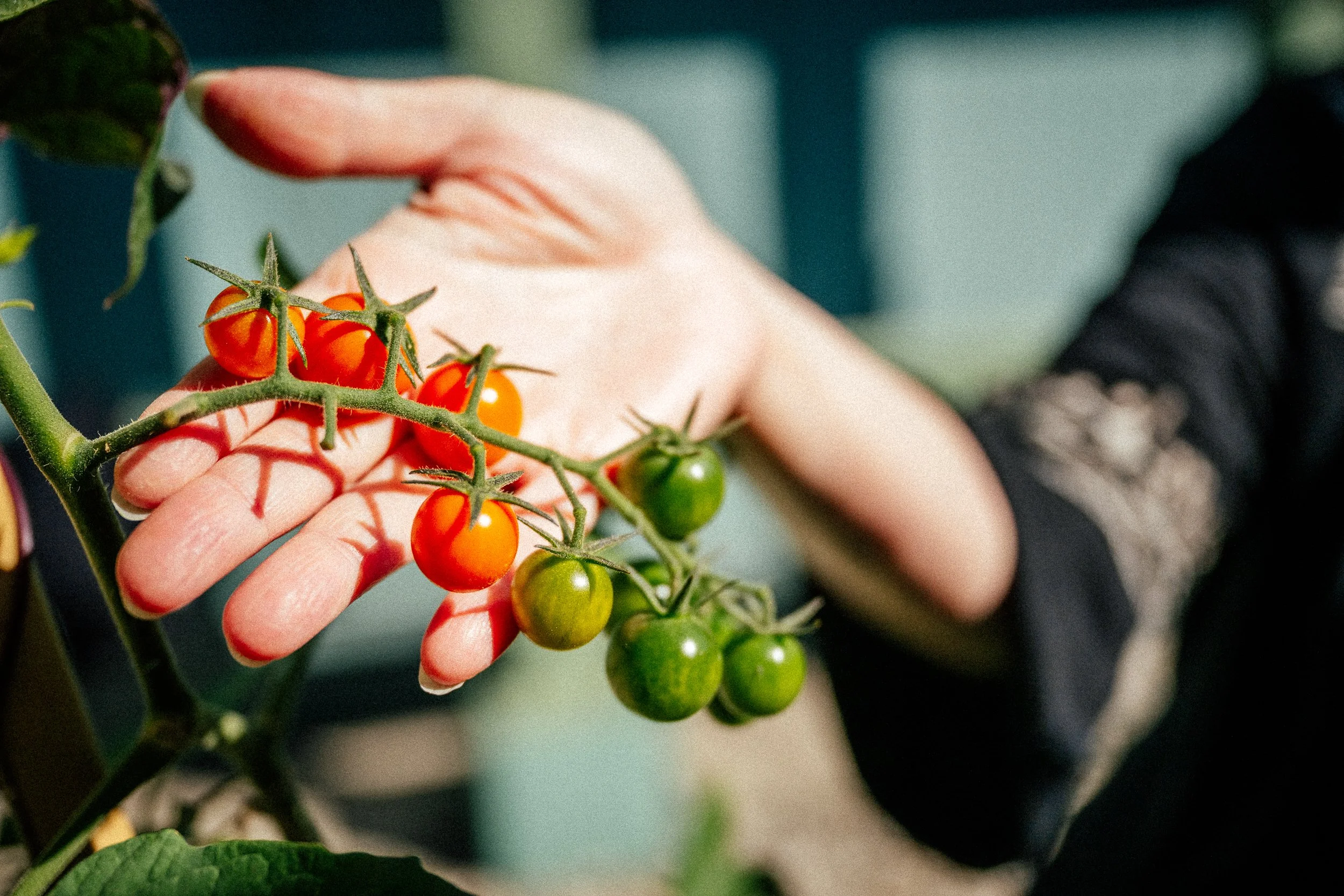What is Sustainable Farming and Agriculture?
In an era where environmental concerns are at the forefront of global discussions, sustainable farming and agriculture have emerged as crucial practices for the future of our planet. These approaches aim to meet today’s food needs without compromising the ability of future generations to meet their own.
Understanding Sustainable Farming and Agriculture
Sustainable farming and agriculture encompass a range of practices designed to increase food production without harming the environment, ensuring that natural resources remain plentiful and viable for the long haul. This approach takes into account the long-term health of the land, ecosystems, and communities, aiming to create a harmonious balance between the need for food production and the preservation of ecological systems.
Principles of Sustainable Farming
Biodiversity: Encouraging a diversity of species, including crops and livestock, to enhance ecosystem resilience and agricultural productivity.
Soil Health: Implementing practices such as crop rotation, cover cropping, and reduced tillage to maintain and improve soil fertility and structure.
Water Conservation: Using water-efficient irrigation techniques and practices to minimize water use and protect water quality.
Reducing Chemical Inputs: Limiting the use of synthetic fertilizers and pesticides by employing natural pest control methods and organic fertilizers to reduce environmental pollution.
Energy Efficiency: Utilizing renewable energy sources and reducing fossil fuel consumption in agricultural practices to decrease the carbon footprint of farming activities.
Benefits of Sustainable Farming
Environmental Protection: By reducing chemical inputs and conserving water, sustainable farming lessens pollution and preserves vital ecosystems.
Climate Change Mitigation: Sustainable practices such as agroforestry and conservation tillage sequester carbon, helping to mitigate the effects of climate change.
Economic Resilience: Diversifying farming systems can reduce dependence on external inputs, increasing farmers’ resilience to market and environmental fluctuations.
Food Security: Sustainable agriculture aims to increase food production efficiency and resilience, contributing to global food security in the face of a growing population.
Community Well-being: By promoting practices that are in harmony with nature, sustainable farming can enhance the health and well-being of farming communities and consumers alike.
Fostering Community Engagement and Cohesion
Urban farming grows stronger, more engaged, communities. This aspect is instrumental in achieving WELL and Fitwel certifications, which value social well-being and community connectivity. Through participatory gardening, educational programs, and social events centered around urban farms, buildings can become hubs of community activity and engagement, enriching the social fabric and meeting certification criteria for community development.
Conclusion: The Path Forward
As we move forward, the importance of sustainable farming and agriculture is in creating a resilient, productive, and environmentally friendly food system. The journey towards a more sustainable agricultural system is a collective one, requiring everyone to make an effort. Together, we can foster a world where agriculture thrives in harmony with the natural world, securing a sustainable future for all.

